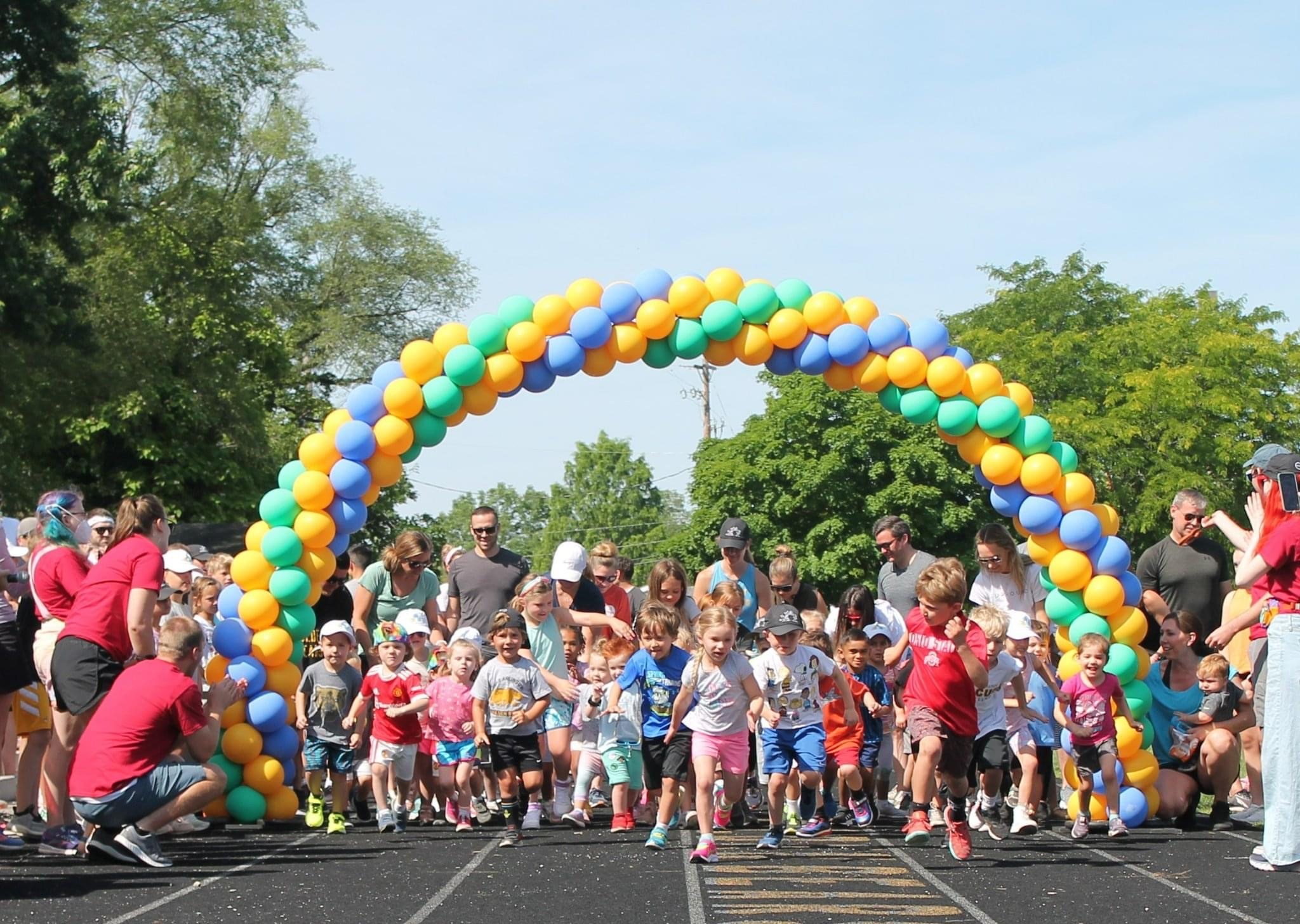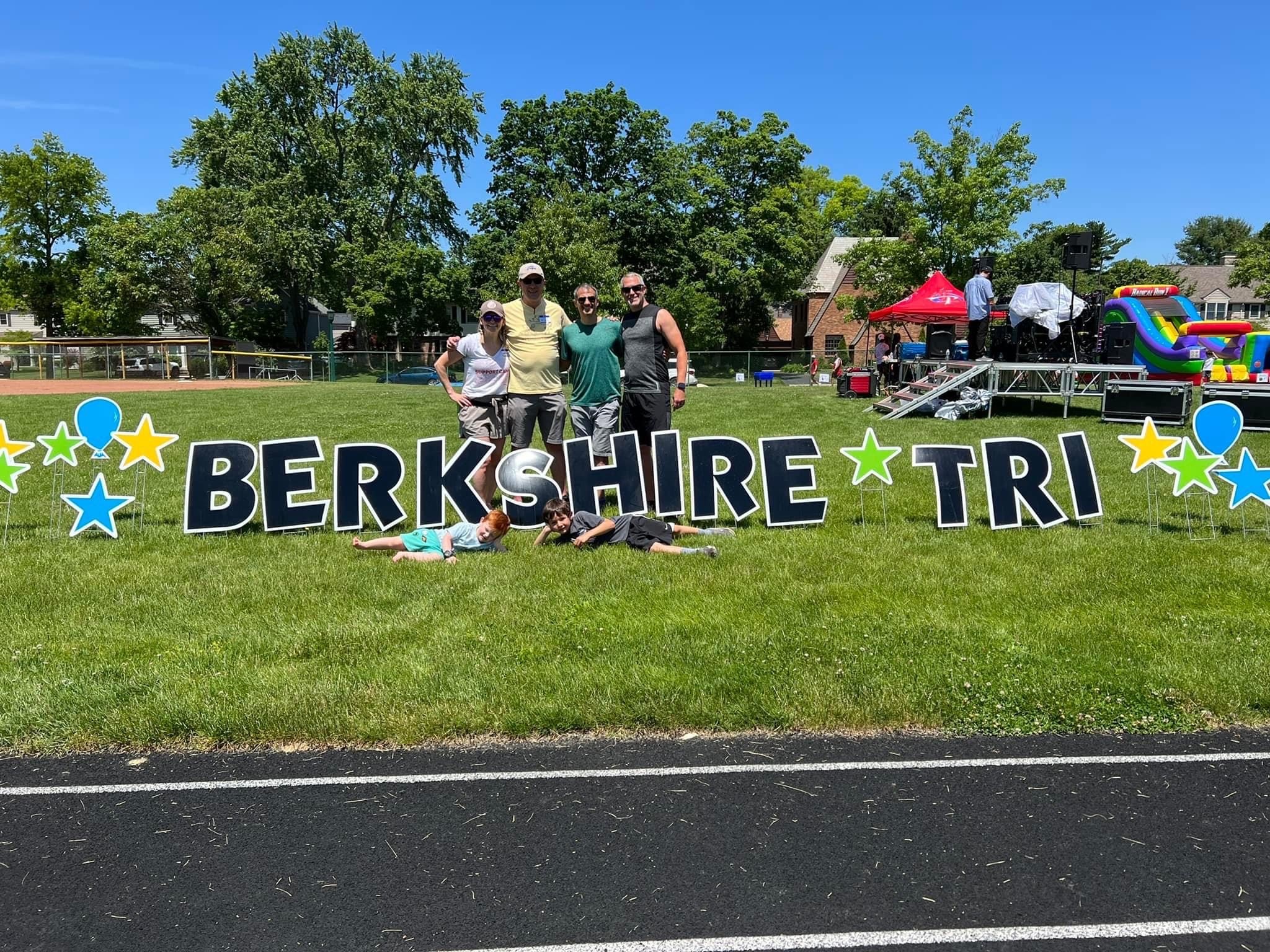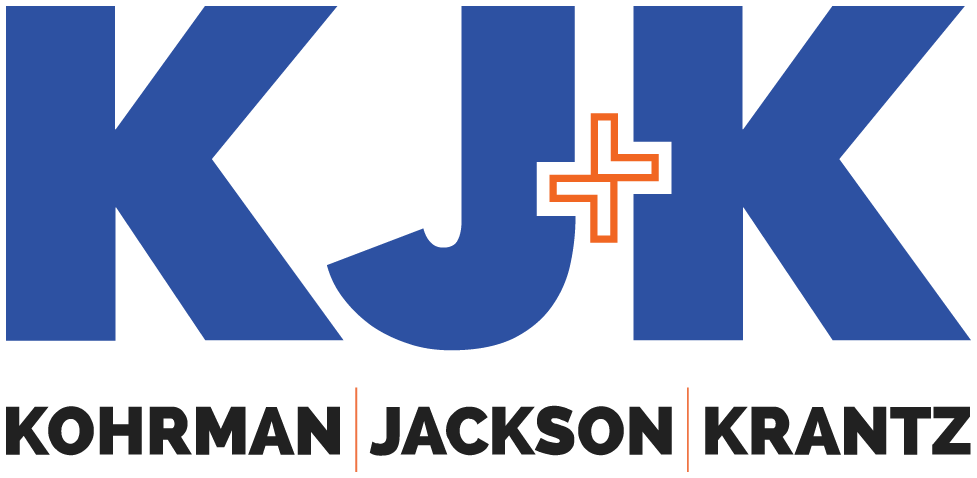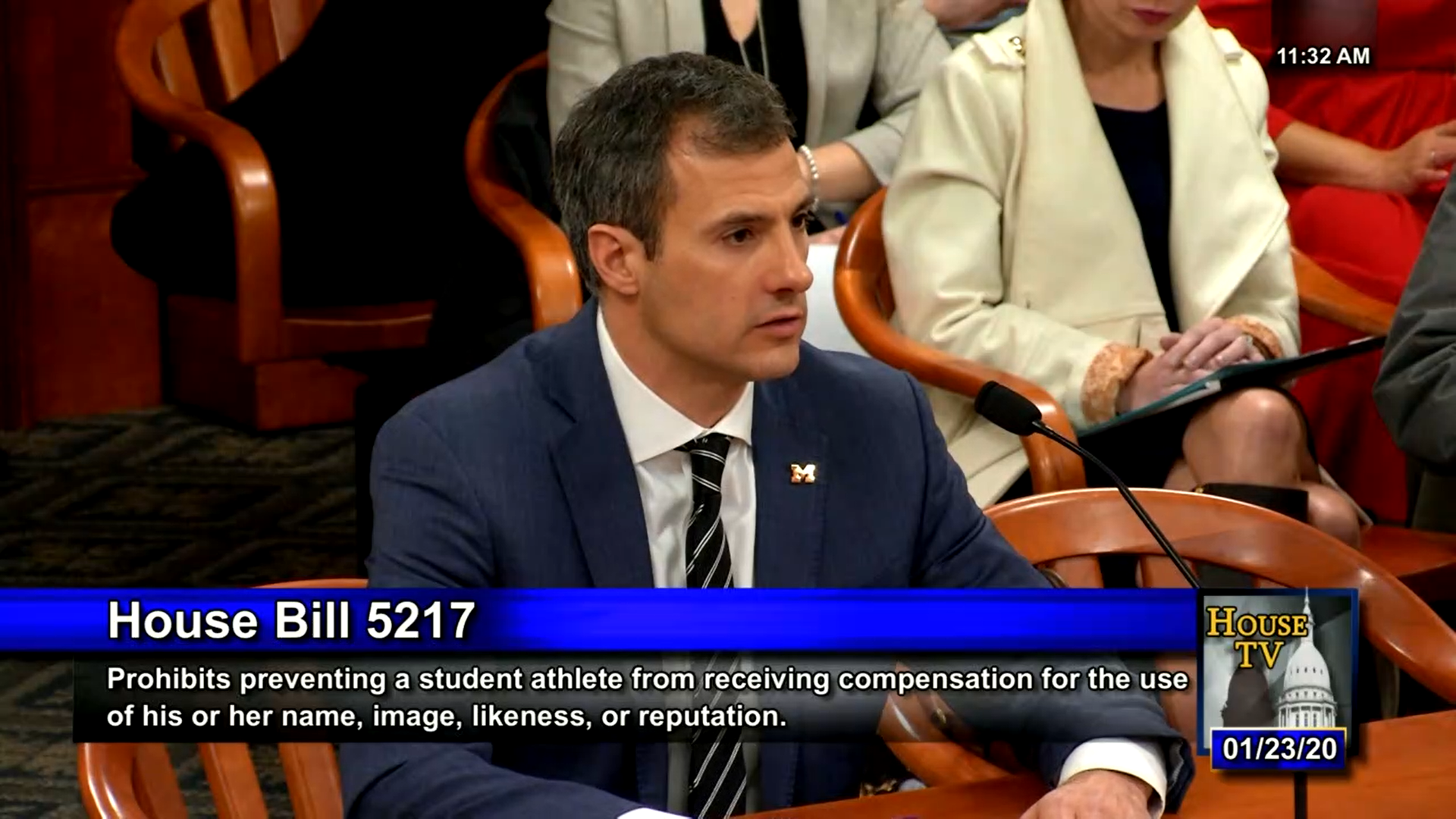If there are two things Americans love, it’s capitalism and sports. However, the current college sports model eschews a competitive market in favor of a monopoly for universities and the NCAA. Recently, states and students have begun pushing back and demanding change so athletes can profit from their name, image and likeness (NIL).
As it stands now, college athletes cannot sell their NIL or endorse a product without risking eligibility. This means that Joe Burrow can’t appear in an ad for his hometown car dealership, even if he isn’t wearing any LSU gear or holding a football. Teaching summer camps or serving as a private coach in the off-season is also off-limits. Meanwhile, all other college students can sell their NIL all day without school repercussions. As social media has grown, acting as an influencer, model or YouTube personality has become a viable option for students to make some extra income. But this option disappears simply because a student chooses to play sports. While some write off the issue as merely a money grab, the stark contrast in rights for athletes versus non-athletes is a much more fundamental issue of equality and access. Considering that the majority of college football and basketball players are minorities or come from lower income communities only highlights the civil rights issues at play.
The current rules give all the power to the schools, which already gain millions in marketing from their athletic programs, and fail to give any compensation to the players who make it all possible. As college sports become more and more lucrative and competitive, students, fans and now politicians have taken issue with this rigged system and have recently passed legislation allowing student athletes to profit from their NIL.
California was the first state to pass a law allowing student athletes to profit from their NIL. Specifically, the Fair Pay to Play Act prohibits schools from enforcing the NCAA rules limiting eligibility. The schools then face the issue of which rule to break. If they follow California law, they will be ineligible for NCAA play and forfeit thousands – or even millions – of dollars in marketing profits. But if schools ignore California law, they can be sued by players and also legally compelled into complying with the law anyway. Because of this bind, the NCAA has vowed to fight the law (which goes into effect in 2023) and claims it may be unconstitutional. That is a tough argument to make, as the NCAA is essentially saying that its guidelines are more important than state law.
Likely sensing its tenuous position, the NCAA also convened a “working group” to consider what to do about NIL rights. Its proposals are due in the fall of 2020, but spectators are not optimistic that the group will commit to any real change. And this temporary measure is not stopping states from proposing their own laws. Since California passed the Fair Pay to Play Act, more than a dozen states have proposed similar laws, which could quickly get messy as each have slightly different requirements and timelines. There has also been discussion of a bill at the federal level to eliminate this confusion. The NCAA supports federal legislation, but there is concern that NCAA’s lobbying will only serve to stifle a true market-based system.
The point behind all of this politicking is, while the change may be slow, it is coming. Once schools and the NCAA are forced to give up a piece of the market, athletes will need qualified advisors to help them navigate their new rights and responsibilities. Mr. Dahman is proud to be a longtime champion of student athlete rights and is working closing with legislators to ensure meaningful change. If you have questions about NIL rights or would like to discuss further, please contact Samir Dahman.





